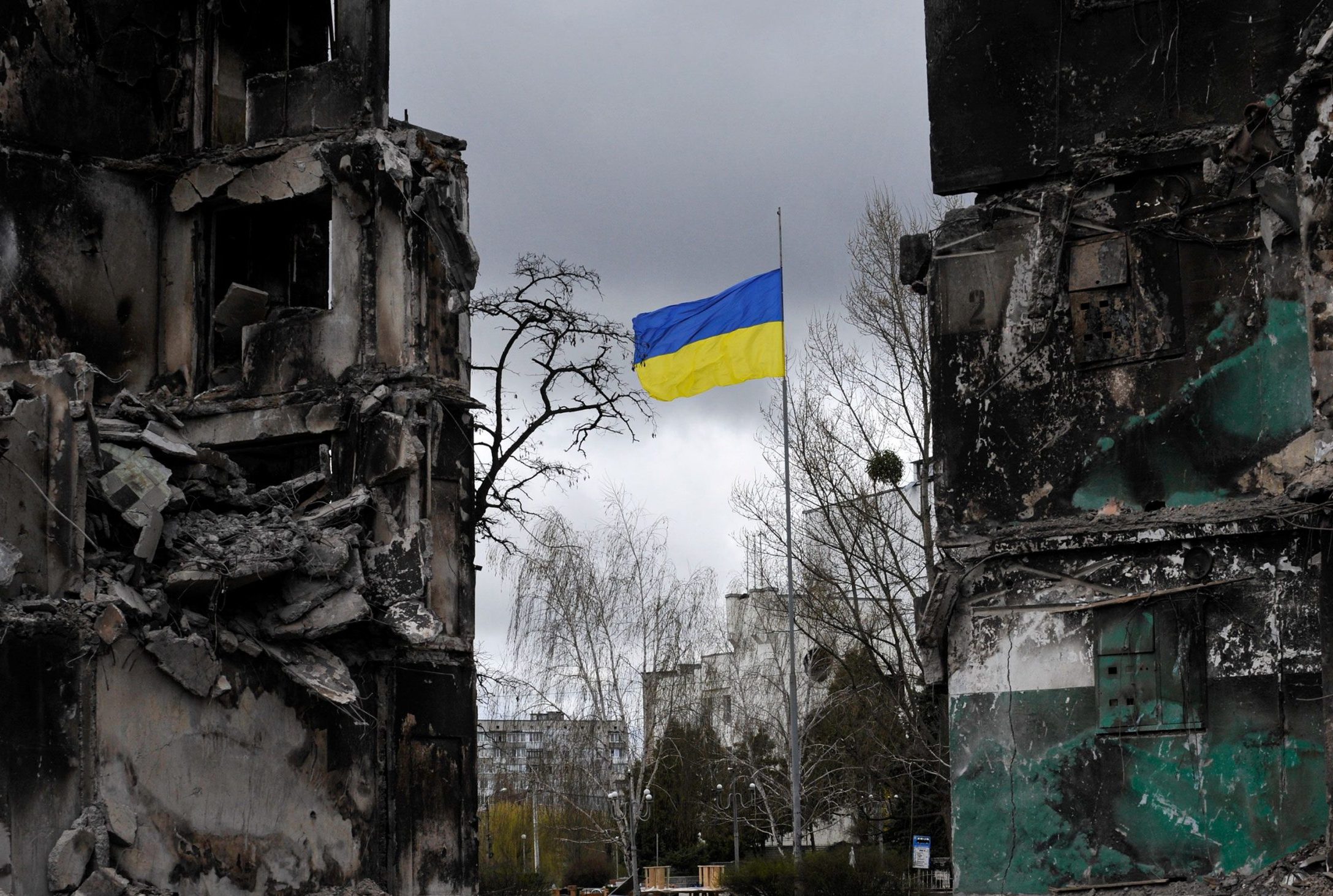WASHINGTON—Senators Roger Wicker (R-Miss.), Sheldon Whitehouse (D-RI), and Dick Durbin, (D-Ill.), and Representatives Joe Wilson (R-SC), Steve Cohen (D-TN), Marcy Kaptur (D-Ohio), Brian Fitzpatrick (R-PA), and Mike Quigley (D-Ill.), leaders of the U.S. Helsinki Commission and U.S. Senate and House Ukraine Caucuses, today issued a statement marking the fourth anniversary of Russia’s unprovoked full-scale invasion of Ukraine.
“On February 24, 2022, Vladimir Putin believed that Russia would take Kyiv in three days. Even Western intelligence feared Ukraine could hold out for only a matter of weeks. Four years on, Kyiv stands. Ukrainians have demonstrated their grit on the battlefield and dedication to freedom. They have held fast against what was once one of the world’s most feared armies.
“Vladimir Putin has failed to achieve his war aims and is in a significantly weaker position than when he began this war. Now is not the time to grant him a reprieve. He should not be allowed to gain through negotiations what he has not managed to achieve in four years of bloodshed. The United States must redouble its efforts to strangle Russia’s wartime economy and crack down on Russia’s shadow fleet of oil tankers. Our European allies must ensure that Ukraine has the funds needed to maximize their defense production and import select Western systems. Ukrainians have not given up on each other, and we cannot give up on them. They are exactly the type of allies Americans want by our side—principled, resolute, and invested in our shared freedom and prosperity.”
Background:
Russian troops are advancing at a slower rate and taking more casualties than any other major army over the past century. While failing to accomplish its aims of the battlefield, Russia has resorted to attacking Ukrainian civilians, sending missiles and drones to population centers and attempting to freeze Ukrainians into submission during a historically cold winter. Since February 2022, Russia has seized 12% of Ukraine’s territory.
###









